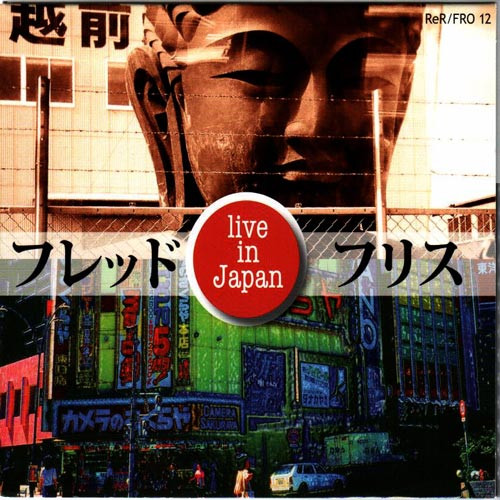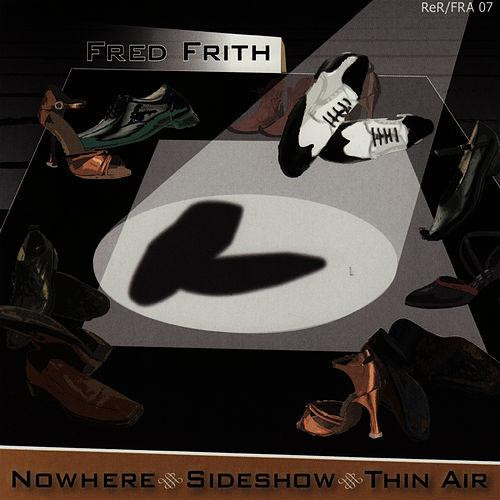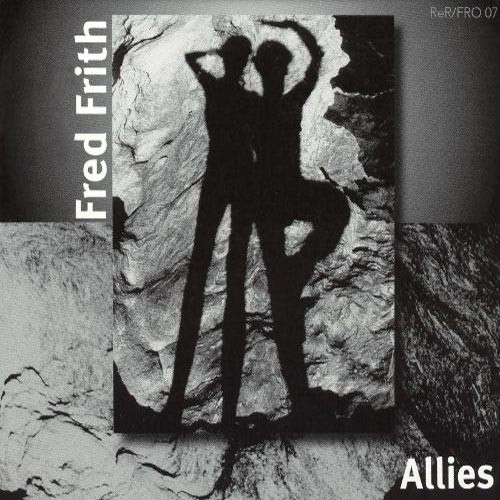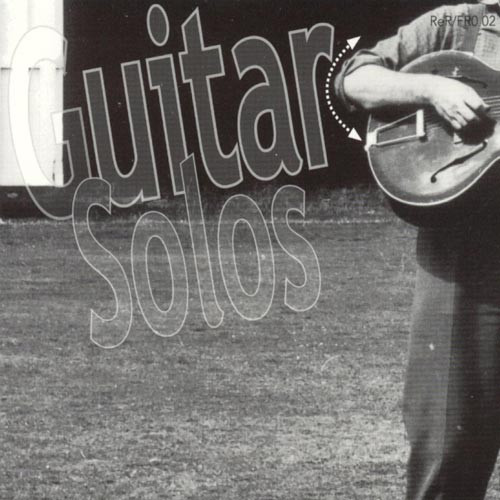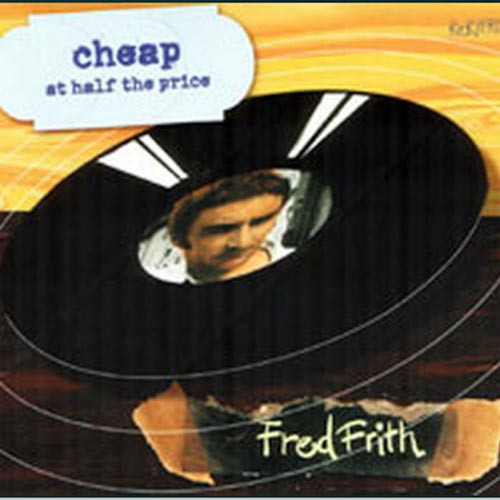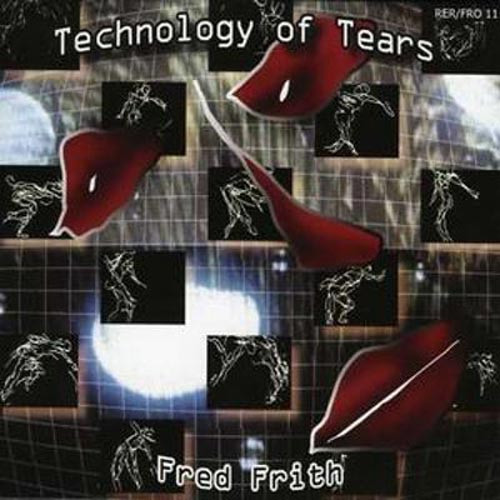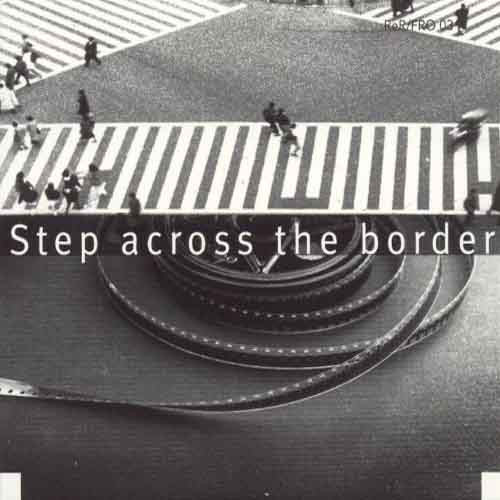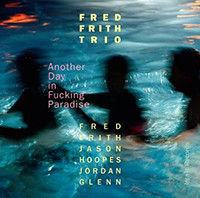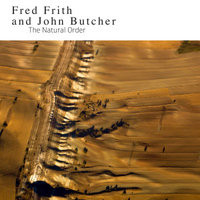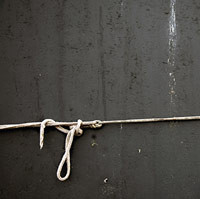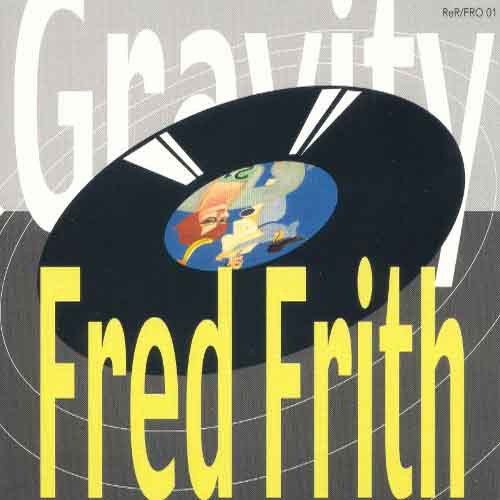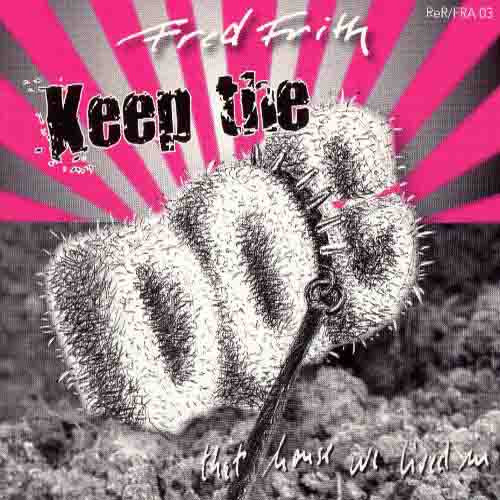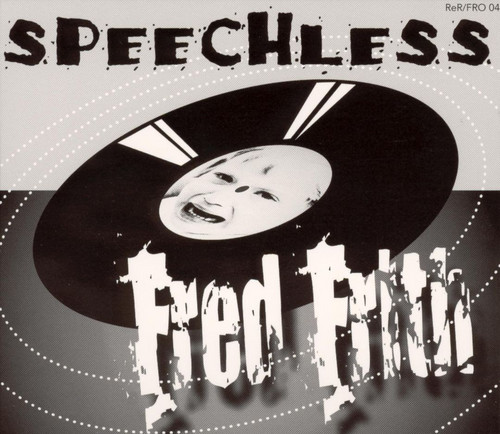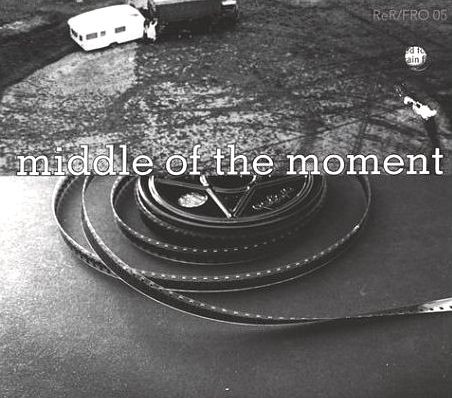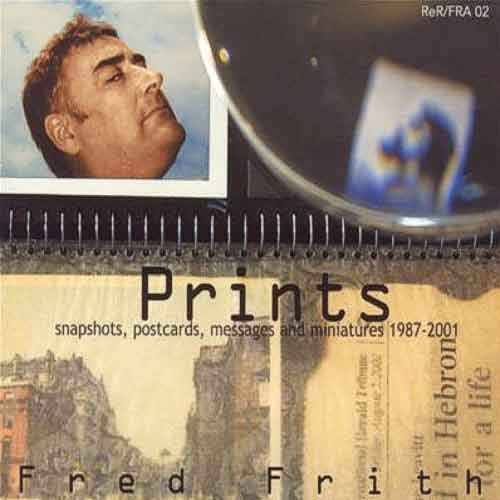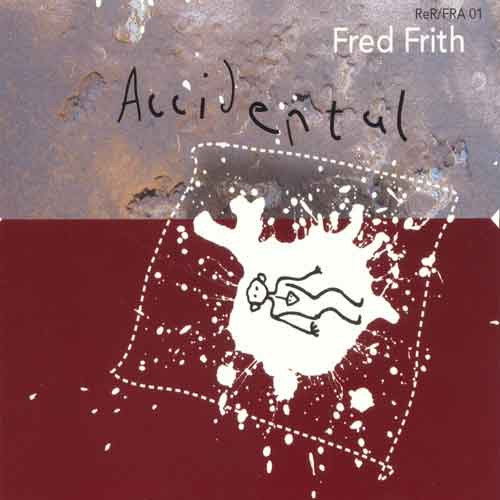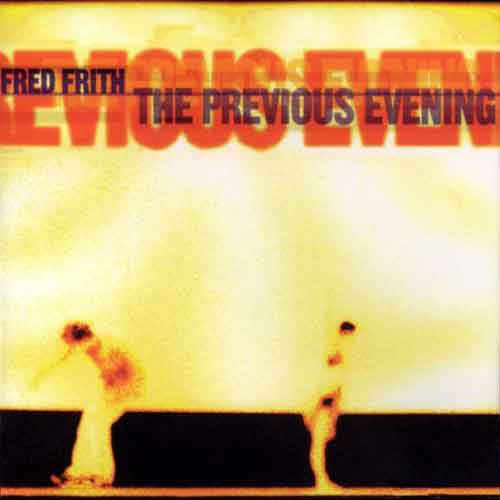Fred Frith
Live In Japan
Concert recordings made at various venues in Japan in 1981 and released by Recommended Records Japan in 1982 in an edition of 1000. Out of print since, though highly sought after, it has now been transferred and remastered by Tom Dimuzio for this official reissue.
Fred was just starting out on his long career as a solo improviser when he made this double LP, and still using the now long retired Charles Fletcher custom double-neck guitar (one fretted, one fretless) and the Burns Black Biso…
Nowhere Sideshow Thin Air
This is Frith's sixth CD of music for dance, featuring three commissions by three different choreographers each sharing, as Fred says ' a certain obsession with melodic deconstruction.' Two of them feature - and were especially written for - the remarkable violinist Carla Kihlstedt.
Fred and Carla perform one of them (Fred playing a huge array of instruments here as on all pieces), are joined by Fred Guiliano, (samples) and Gail Brand (trombone) on another, while the third features Fred, …
Allies
For an artist known for incredible prolificacy and the seeming instantaneousness of his work, Fred Frith's ballet score Allies has managed to acquire a long and checkered history. Created in 1989 for the post-modernist Bebe Miller Dance Company, Allies appears near the start of a period where Frith began to separate his efforts in multi-movement works designed for dance, theater productions, and film from the short, improvised guitar pieces and work within rock styled ensembles that he had…
Guitar Solos
Although it was originally recorded in 1974, there are pieces on Fred Frith's landmark Guitar Solos album that are probably still making guitar players scratch their heads wondering "How did he do that?" Don't expect any kind of Yngwie Malmsteen-style wankage; Frith instead uses a volume pedal, tapping, and other extended techniques to produce everything from chiming, bell-like notes to unearthly howls. It almost never sounds like standard guitar-with-plectrum playing, but the pieces have a …
Cheap at Half the Price
Frith's last album for Ralph Records stepped back from the progressions of Speechless to a concoction of pop-like ditties and instrumentals recorded at home on a four track. And for the first time, Frith sings, in a strange high-pitched tone. A little more production and sound manipulation and this could almost be a Residents album, circa 1978. As a pop-song writer, Frith is okay; he shrouds socialist discussion in lyrics about dogs and insects while keeping the song structure simple and r…
Technology of Tears (And Other Music for Dance)
"Sadness, Its Bleached Bones Behind Us," and "You Are What You Eat" are unrelenting slices of hard-edged sounds over a pulse. "The Palace of Laughter, The Technology of Tears" is an imaginative, intense, varied suite comparing music which represents the past "frozen tears" of sadness -- displayed as images before us by the media, etc. -- with the "hot tears" of the moment that cannot be absorbed by technology. "Jigsaw" and "Jigsaw Coda" (1986) creates patterns with constantly shifting acc…
Step Across The Border
Although this is technically the soundtrack to a film of the same name by Nicolas Humbert and Werner Penzel, Step Across the Border actually serves as an excellent overview of Fred Frith\'s groundbreaking work as a soloist, bandleader, and collaborator. There\'s an example of his \"guitars on the table\" approach (\"Romanisches Cafe\"), and a couple of excellent duos with tape manipulation whiz Bob Ostertag (\"Voice of America, Pt. 3,\" from the lost and lamented Voice of America album they m…
Another Day In Fucking Paradise
Frith returns to his deep roots in this improvising trio with the classic lineup of guitar, bass and drums. Playful, intimate, and bound together by a dark and delicate interplay, the group reminds us what listening is all about. After a lifetime of experience across almost every field of musical endeavor, Fred stretches out in the company of two stalwarts of the vibrant Bay Area music scene who have their own stories to tell. Fred Frith writes about his Trio: "When I proposed this trio I had no…
The Natural Order
Guitarist Fred Frith and saxophonist John Butcher are titans within the world of improvised music. Over the last four decades, each of these two men has permanently altered the way in which his instrument is heard: Frith with his (at times literal) deconstruction of the electric guitar, and Butcher with his exploration of the physical properties of sound and extended playing techniques.
Though they’ve played live together a few times, The Natural Order, recorded in 2009 and mixed in 2012, …
s/t
Fred Frith, electric guitar. Michel Doneda, soprano and sopranino saxes. First meeting recorded live at Swissnex, San-Francisco (February 2009).
Gravity
Former Henry Cow guitarist Fred Frith pays homage to three giants of contemporary classical music: John Cage, Morton Feldman and Earle Brown. In his own inimitable fashion, Frith has tried to incorporate the chosen composer's own working methods into each of the three pieces that make up The Previous Evening. As he explains in the enclosed booklet regarding his John Cage homage: 'Fragments of text heard in Part 1 were taken at random from Cage's book Silence. Tape editing, the structure of the e…
That House We Lived In
It was a long wait, but, 12 years after the fact, Fred Frith put together a live album of his group Keep the Dog, which had previously gone undocumented. Comprised of sax/flute player Jean Derome, guitarist René Lussier, keyboardist/harpist Zeena Parkins, sampling artist Bob Ostertag, and drummer Charles Hayward, Keep the Dog was formed by Frith in 1989 to perform a best-of repertoire of his career and remained his last rock group. By the time of this 1991 European tour, the unit had grown beyon…
Speechless
This is one of the most important experimental guitar-based titles from avant guitarist and founding Henry Cow member Fred Frith. Frith's second solo album, Speechless, includes appearances by Etron Fou Leloublan, Massacre, and Bill Laswell.
This is a studio Frankenstein of live clips and found sounds. While Frith attests to the occurrence of many "happy accidents," the album comes across confidently and more often more coherent than merely challenging. This is often cited as Frith's best sol…
Middle of the Moment
Continuing the definitive Fred Frith edition, this is the CD based on Fred’s music for the second film he made with Humbert and Penzel – following nomads – that features, along with Fred’s compositions and re-workings, a restless and gripping unfolding of atmospheric locations, tuareg and other musics, ethongraphic material and times captured. A collage or a soundwork rather than a straightforwardly musical composition, this is a serious and unfairly marginalised piece (because it falls between …
Prints - Snapshots, Postcards, Messages And Miniatures 1987-2001
The short story: Prints is Fred Frith's first album of songs in 20 years. The long story: it is actually a collection of compilation tracks and unreleased studio sessions recorded between 1987 and 2001. No matter if you already own a few of these, a pop album by this man is a rarity -- and that is truly a shame. Of course, as a respected improviser, serious composer, and educator, anything lighter from this pillar of modern music will meet with severe criticism from people who take themse…
Accidental
Fred Frith has been heard in all possible contexts, from solo improviser to composer of orchestral music, but he remains at his best when trapped in a studio, alone or with a few musicians, building layered pieces. This process previously yielded stunning albums such as the delicate Middle of the Moment or the avant rocking Speechless. Accidental features Frith performing all instruments and voices, mostly guitars, violin, junk percussion, and random radio tuning. This music was commissioned by …
The Previous Evening
Former Henry Cow guitarist Fred Frith pays homage to three giants of contemporary classical music: John Cage, Morton Feldman and Earle Brown. In his own inimitable fashion, Frith has tried to incorporate the chosen composer's own working methods into each of the three pieces that make up The Previous Evening. As he explains in the enclosed booklet regarding his John Cage homage: 'Fragments of text heard in Part 1 were taken at random from Cage's book Silence. Tape editing, the structure of the e…
